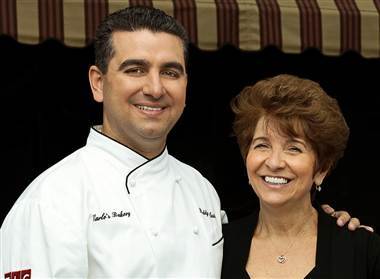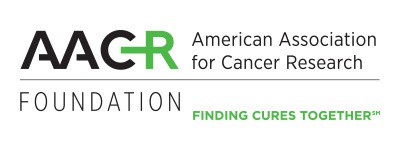Jonathan Rhys Meyers and Reward Centers in the Brain

Jonathan Rhys Meyers, the Irish actor who has played Henry VIII on the Showtime historical drama, The Tudors, has decided to go back to London to enter rehab for alcoholism. The 32 year old has been no stranger to rehab, having first seeking help at a clinic in 2005. He has had several episodes of getting drunk and acting out towards airport employees at both Dublin and Paris airports, and last week Meyers was reportedly banned from a U.S. flight after launching into a drunken tirade at airport staff in New York.
According to a source close to the actor: “He just really wants to get better… This has been an ongoing battle for him.”
The story of Jonathan Rhys Meyers can act as a launching point to discuss alcohol abuse in general, however, while preparing for this blog, I came across an interesting press release about a recent scientific article about this topic, and I thought I might summarize it here:
Researchers at the National Institute on Alcohol Abuse and Alcoholism (NIAAA) released findings this week that genetic differences in brain receptors that deal with “reward centers” play an important role in determining whether a neurotransmitter called dopamine is released in the brain following alcohol intake. Dopamine creates natural highs- its primary function being to stimulate people to do the things that are good for their survival. It causes the euphoria that accompanies sex, good food and exercise.
 Research shows that in the early phases of alcoholism, people drink because it is pleasurable—the body tells the mind that drinking is rewarding. The idea that the amount of dopamine released in response to alcohol may have a genetic component helps researchers understand why alcohol affects people in very different ways.
Research shows that in the early phases of alcoholism, people drink because it is pleasurable—the body tells the mind that drinking is rewarding. The idea that the amount of dopamine released in response to alcohol may have a genetic component helps researchers understand why alcohol affects people in very different ways.
In an article, which appeared online in Molecular Psychiatry on May 18, 2010, senior author and NIAAA clinical director, Dr. Markus Heilig:
“…studied mice, rats and rhesus macaques and, going on a hunch that genetics are at work in this equation, he turned up some curious results. He found that in people who possess a specific genetic variant, this chemical pleasure reward is much more pronounced because when alcohol is consumed, their bodies release a swell of dopamine that heightens the physical connection to drinking. This intense reward only prompts the body to want more alcohol, continuing the cycle and strengthening the chemical connection. In people without the variant, their bodies’ dopamine release was nonexistent.”
First author on the paper, Dr.Vijay Ramchandani, comments: “The findings add further support to the notion that individuals who possess this receptor variant may experience enhanced pleasurable effects from alcohol that could increase their risk for developing alcohol abuse and dependence. It may also explain why these individuals, once addicted, benefit more from treatment with blockers of endogenous opioids.”
























0 comments